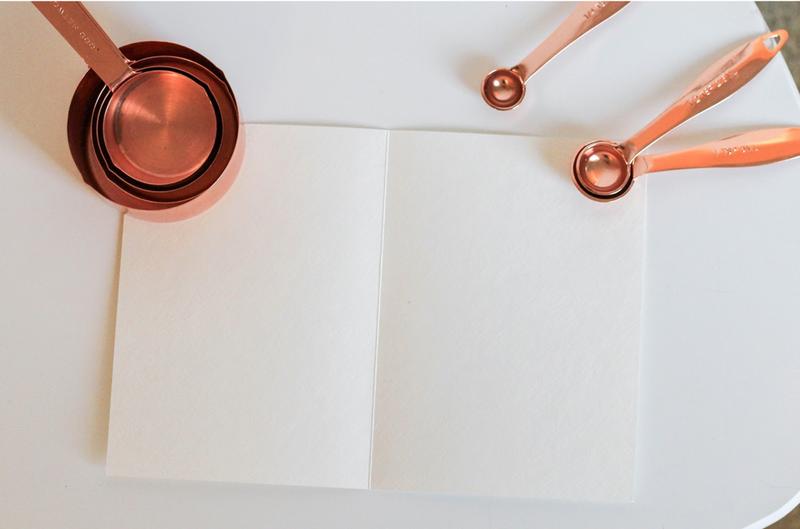What Is 3/4 of a Cup Doubled?

If you double 3/4 of a cup, you’ll get 6/4 cups, which can be simplified as 3/2 cups or 1 1/2 cups. In decimals, 3/4 of a cup is .75 cups, and .75 doubled is 1.5 cups. Since a United States customary cup holds exactly 8 U.S. fluid ounces, 3/4 of a cup is exactly 6 ounces. When you double 3/4 of a cup, you’ll get 12 U.S. fluid ounces. When following recipes, it is important to note that U.S. customary volume measurements are not the same as the British imperial system even though they share the same names for the volume units.
Fractions
Getting a mental picture of fractions when measuring recipe portions may be easy and comes naturally for some, but it can be confusing for others. This issue may even be made more complicated by recipe writers who will require adding or doubling fractions, instead of writing the exact portions in whole numbers. Such recipes will have some home cooks scrambling to take a self-imposed crash course on fractions, wondering how they have forgotten something they mastered back in the third grade.
Fractions are a part of a whole, and it is written down with top number and a bottom number with a line in between. The top number is called a “numerator,” and the bottom number is called the “denominator.” Separating these two numbers is a division line called a “vinculum.”
How to Add Fractions
Adding fractions is easy. If the fractions have the same denominator, as in the case of 3/4, add the numerators and retain the common denominator, thereby giving you 6/4. If the fractions do not have the same denominator, such as 1/3 + 1/4, multiply the numerators with the denominators of the other fraction (1×3 + 1×4) and add the results (3+4 = 7), which becomes your new numerator. Multiply the denominator of the two fractions (3×4), and the result (12) is your new denominator. Thus, 1/3 + 1/4 will give you 7/12.
Improper Fractions
Doubling or adding 3/4 + 3/4 gives you 6/4. Fractions with a numerator higher than their denominator are called improper fractions. Improper fractions often represent whole numbers that are greater than one. You can convert improper fractions into mixed fractions to make it easier for you to understand recipe portions.
How to Convert Improper Fractions to Mixed Fractions
To convert improper fractions into mixed fractions, divide the numerator by the denominator, in this case, 6 ÷ 4 = 1 with the remainder 2. Write down the whole number 1 write down the remainder 2 as the new numerator over the denominator. Hence, 1 2/4. Simplify the fraction 2/4 to arrive at 1/2, and you’ll get 1 1/2.
Doubling 3/4 cups, therefore, will give you 1 1/2 cups. To simplify fractions, divide both the numerator and the denominator by 2 until you arrive at numbers where one or both the numerator and denominator can no longer be divided by 2. Another way to simplify fractions is by dividing both the numerator and denominator by their greatest common factor.
Converting Fractions in Decimals
Fractions represent division, which means that dividing the numerator by the denominator gives you its equivalent in decimals. A simple example is 1/2 where 1 ÷ 2 = .5. To convert improper fractions to decimals, convert it into a mixed fraction as shown earlier, and then convert the fraction accompanying the whole number into decimals.
US Customary vs. British Imperial Systems of Measurement
As mentioned earlier, a U.S. customary cup holds 8 fluid ounces. Two U.S. cups are equivalent to 1 U.S. pint, 2 U.S. pints make a U.S. quart, and 4 quarts is equivalent to a U.S. gallon. The U.S. customary system is different in increments and measurements compared to the imperial system even though the units share the same names. An imperial cup holds 10 imperial fluid ounces, 2 imperial cups is equivalent to an imperial pint, 2 imperial pints equal an imperial quart, and four imperial quarts equal an imperial gallon. A U.S. fluid ounce is also slightly bigger at 29.573 milliliters (mL) to the 28.412 mL of the imperial fluid ounce.





